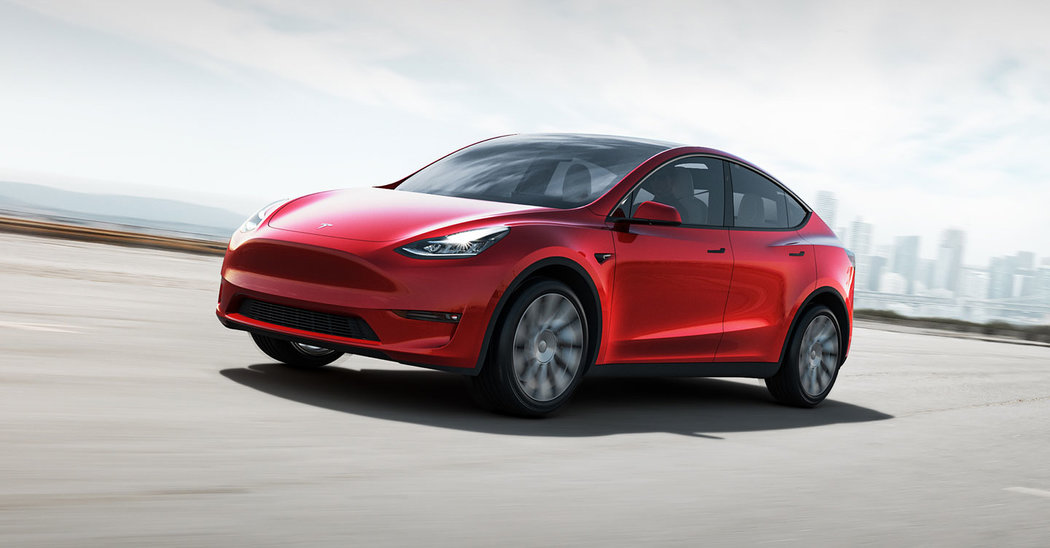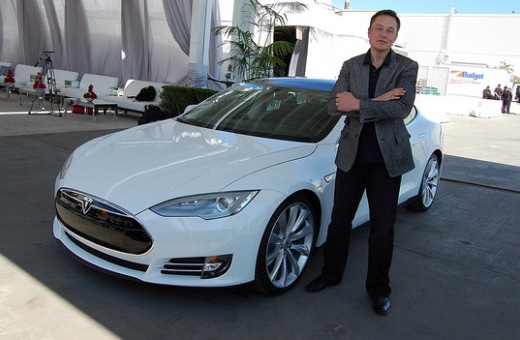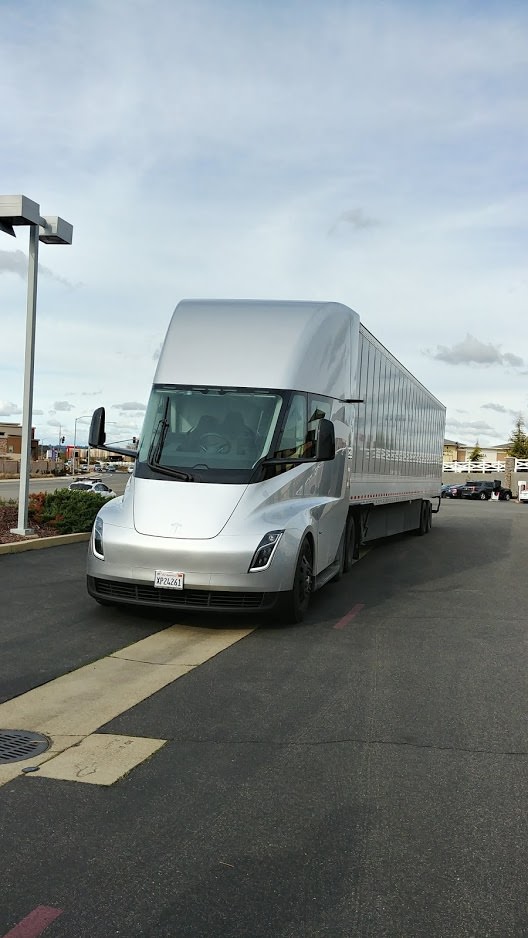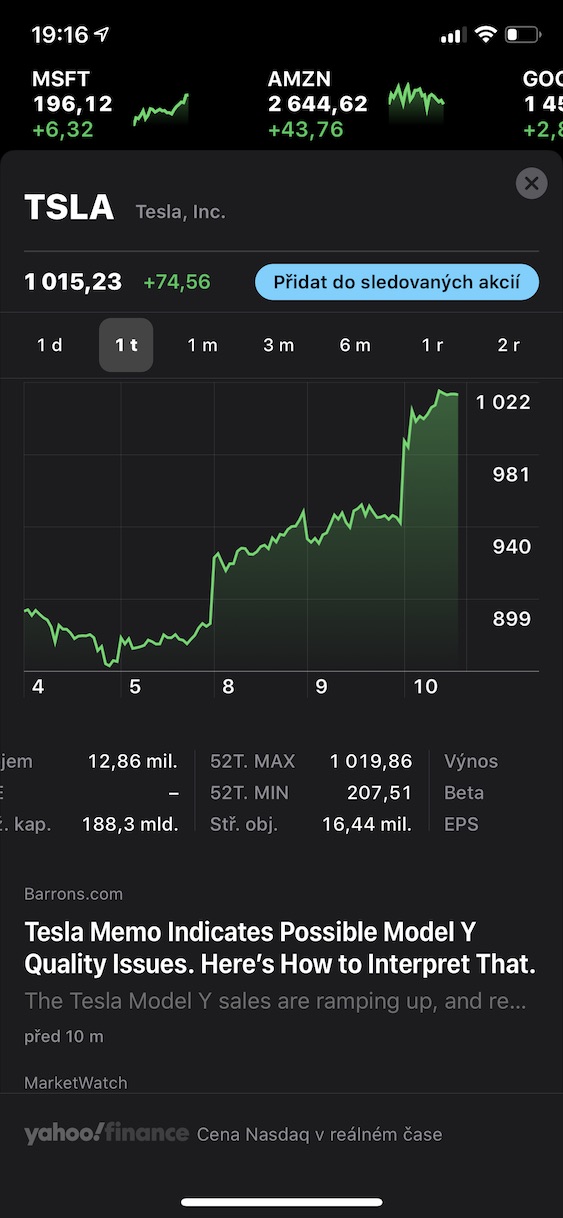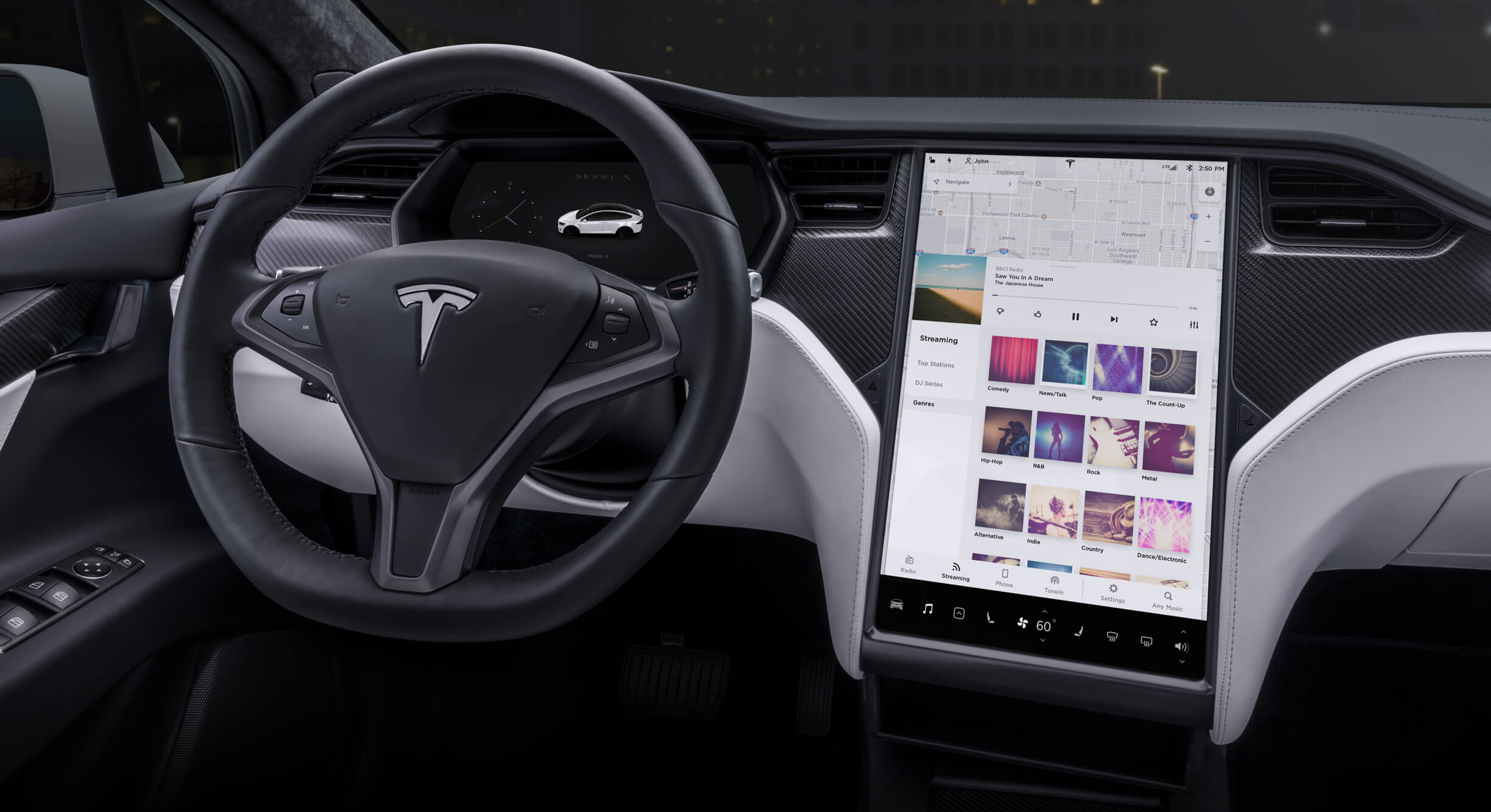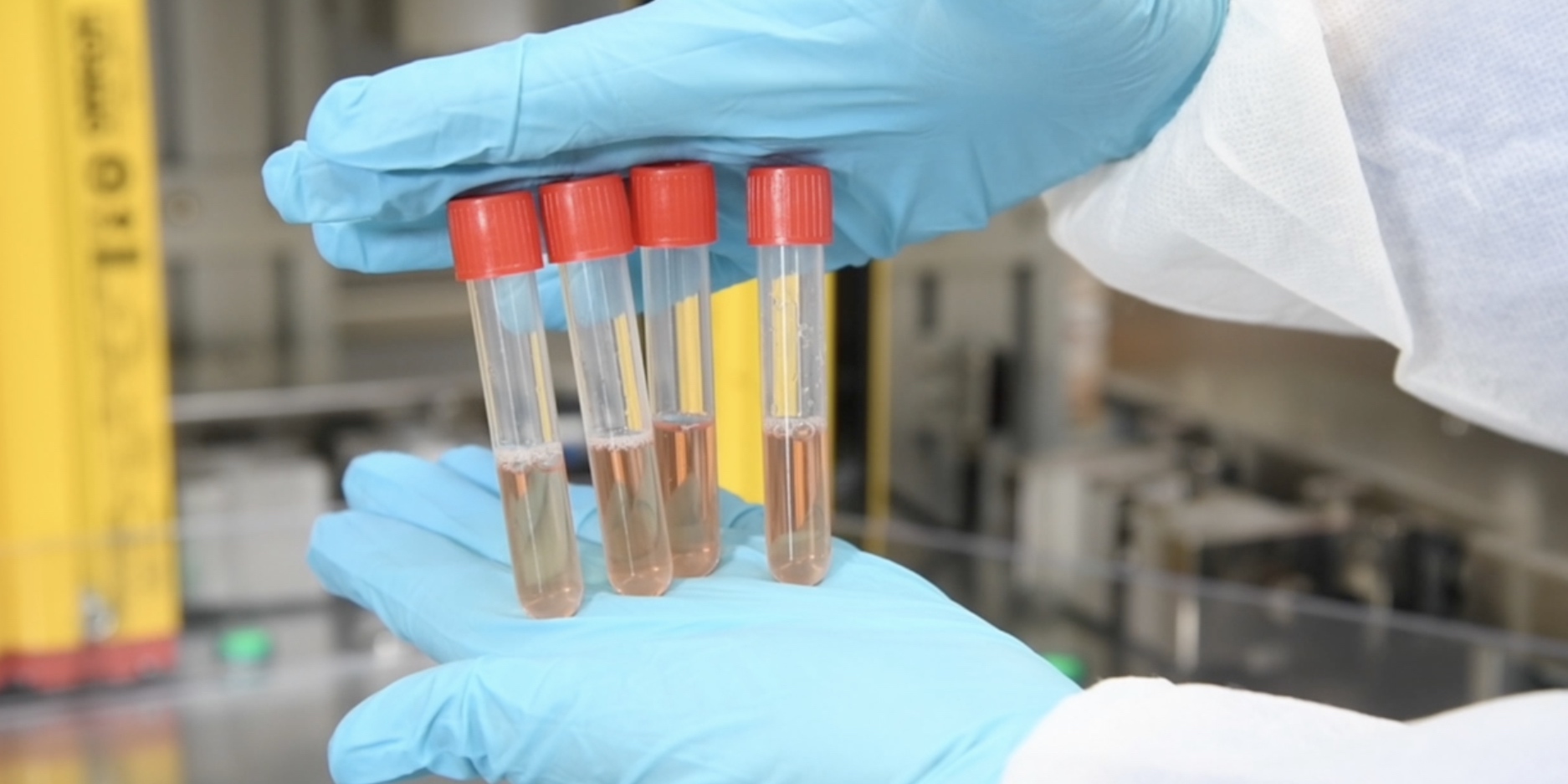Another week, another load of news, which concern not only the legendary visionary Elon Musk, but also other, equally important technological giants. One of them is, for example, the Swedish Spotify, which somewhat underestimated its security and as a reward received a huge data breach associated with a single security crack. On the other hand, however, we also have positive news - for example, regarding the vaccine against the disease COVID-19, specifically from the AstraZeneca laboratories. Although it is "only" 70% effective, it is significantly cheaper and, above all, it can be stored more efficiently, in contrast to the more effective vaccine from Pfizer and BioNTech. So let's dive into the maelstrom of today's events.
It could be interest you
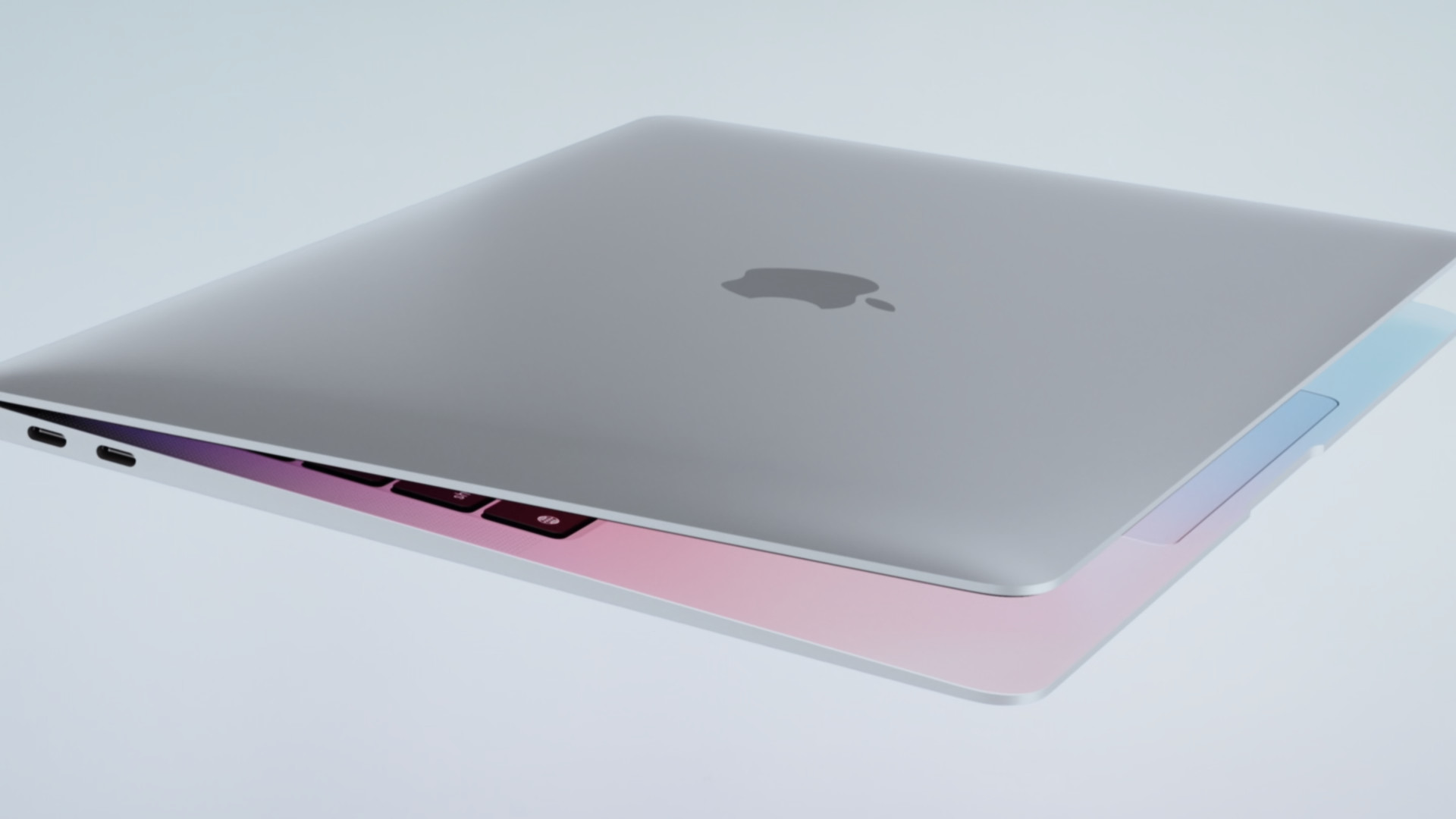
California gave the nod to the operation of the Tesla factory. This is an essential industry
In Europe, the number of coronavirus cases is growing relatively, but the record holder in this regard is still the United States, which did not manage the pandemic very well. One of the most affected states is California, which has finally realized its mistake and is trying to correct it with draconian measures to mitigate the spread and offer a slight respite to the health care system. However, Tesla looked at these measures with a certain amount of nervousness, since in the spring the emergency situation forced the company to suspend production, before the pandemic was over. That's what happened for a short few months, but in the fall, a second wave attacked, and Tesla representatives, led by Elon Musk, expected a similarly inevitable eventuality to occur.
However, California has legislated that any manufacturing industry is one of the essential industries that are protected and supported by the government during times of emergency. In the spring, the company fought a fight, without which it would probably have suffered a blow in the form of the need to lay off and, above all, move most of the employees to home offices. But now, despite the seriousness of the situation, the company can continue to operate without major problems, and even though they have to follow really strict hygiene measures, in the end it is not a tragedy. In addition, there is an enormous demand for Tesla cars, and the automaker must be able to cover demand even during an adverse situation.
Spotify against hackers. Attackers stole hundreds of thousands of user accounts
Who does not know the Swedish Spotify, a popular music platform that is currently the market leader and has significantly surpassed not only Apple Music, but also YouTube in many ways. Even so, it suffers from fundamental shortcomings that are likely to cost the company dearly. One of them, for example, is that until now the service significantly underestimated security, which eventually backfired and attackers took advantage of this lucrative opportunity. However, the group of hackers, in essence, did not even have to waste time breaking into systems and looking for cracks. It was enough to use previous leaks and put together 350 thousand user accounts. How, you ask? Well, it wasn't that hard again.
Naive users who used the same password on other services in the event of account loss are also to blame. Thanks to this, the attackers were able to guess the access data by trial and error, and thus secure a really big reward. But hold on now - the attackers in question were smart enough to stash their hard-earned treasure in the safest place on the internet. And specifically on the cloud, which they somehow forgot to protect with a password, and anyone had the opportunity to conveniently peek into a huge number of accounts. In the end, the only thing left to do is to smile at this entire battle and hope that the users and the company itself will learn from it in the future.
It could be interest you

In the war of vaccines tightens. AstraZeneca entered the game
A few days ago, we reported on the latest developments in the field of vaccines against the disease COVID-19, which the whole world is now trying to come up with. But it wouldn't be a proper competition if a few unknowns didn't get lost in this equation. Researchers are trying to find a way to make the vaccine not only as effective as possible, but also as efficient as possible and sufficiently compact and cheap. While in the first case Pfizer and BioNTech still reign supreme, with an efficiency of around 90%, another player is now entering the game. And that is the biotechnology company AstraZeneca, which, together with the University of Oxford, came up with a significantly cheaper and more convenient alternative.
Although the new vaccine is "only" 70% effective, in the end it could be a better choice. And this is mainly due to the fact that it is a more compact solution that does not need to be kept absolutely cold. At the same time, the vaccine is an order of magnitude cheaper than its slightly older and better-tested sibling from the laboratories of Pfizer and BioNTech. However, this alternative is still a long way from becoming a full-fledged one, as researchers must first request independent evaluation and clinical tests. If successful, they will be able to compete with much larger and more innovative companies. We'll see how this "vaccine war" turns out in the end. What is certain, however, is that patients can only benefit from this competition.
It could be interest you

